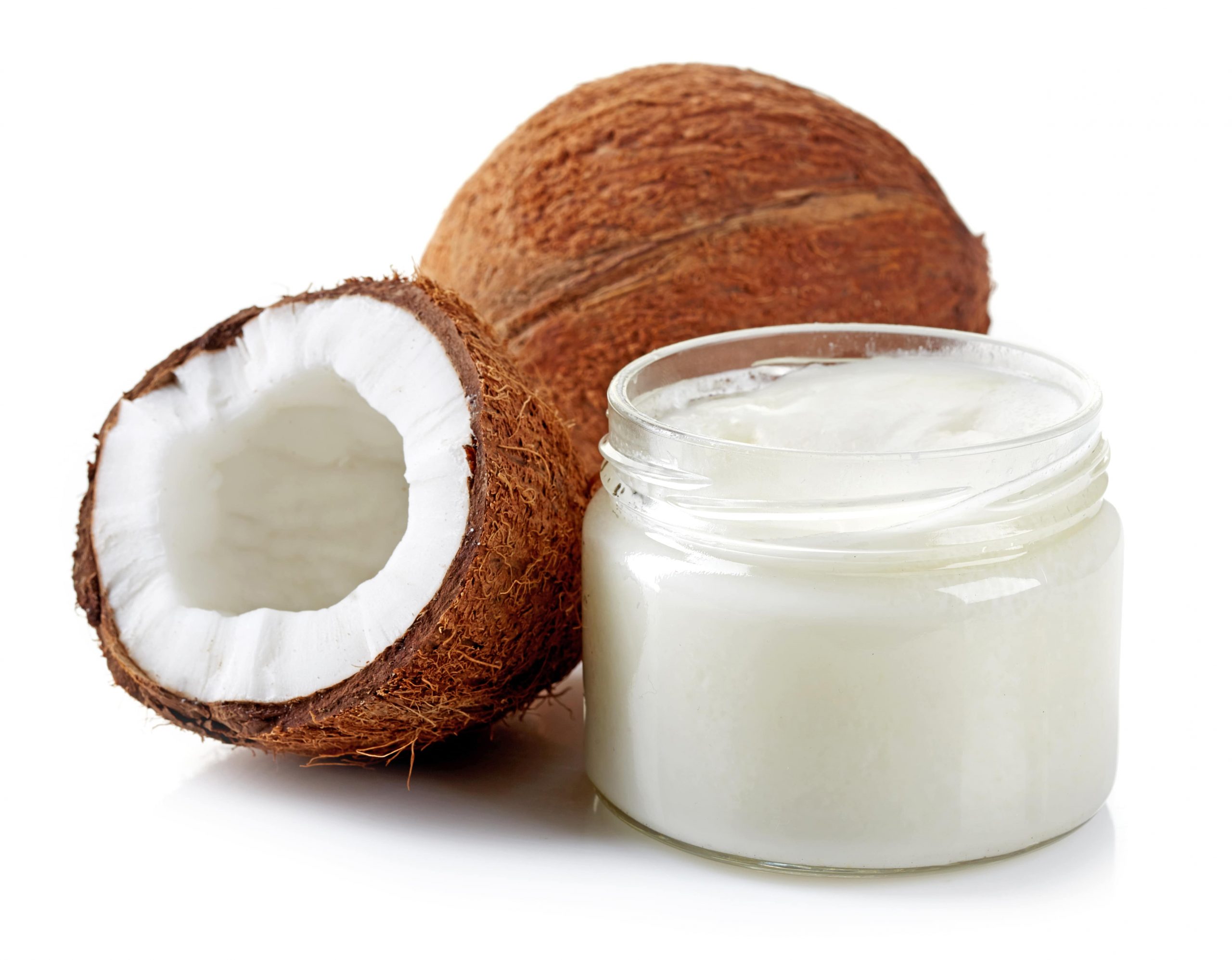Although there are tons of hair types, no individual has a single, exclusive ‘type’ of hair. So it is utterly impossible to categorise the products and ingredients suited solely for your hair type.
However, there are specific factors that you can look into when considering the best choice of products for your hair. So, today we will take a look at hair with low porosity. We will discuss whether coconut is good for low porosity hair.
Is coconut oil good for low porosity hair?
Table of Contents
Unfortunately, coconut oil is not good for low porosity hair because such hair cannot absorb the moisture that the oil provides. Instead, the oil forms a layer over the hair strand.
Coconut oils are known for their moisturising effect on hair. There is a lot of goodness that your hair receives from applying coconut oil twice a week. It has a phenomenal effect on the skin as well.
However, low porosity hair can’t absorb the oil; instead, it leaves the ingredient over the surface. Here are the effects of coconut oil on your hair. If you have experienced any of these effects, then it shows you have low porosity;
- The low porosity hair will feel stiff with coconut oil. The residue oil will stay over the cuticles and add to the dryness of your hair.
- Your hair texture will become rough and prone to breakage.
- The oil layer that forms over your hair strands prevents moisture and other necessary ingredients to seep through and reach the hair.
What do you mean by low porosity hair?
If the outermost layer of your hair, called the cuticle, is closely packed without any pores, then such hairs are low porosity hairs. These hairs will be able to retain moisture easily, but cannot absorb moisture from outside.
Since there are no pores, there is hardly any absorption taking place in your hair. So any moisture or oils will find it difficult to reach the inner layer, also called the cortex of your hair.
Is low porosity hair healthier?
You might want to ask whether low porosity hair is good or bad. Because, considering the features of such hair, there are both pros and cons.
However, low porosity hair is indeed healthy since they are naturally defended from letting in unwanted substances into the cortex of your hair. This type of resistance can prove to be a great asset for you. Here are some of the pros and cons of having such low porosity.
Pros of low porosity hair
- Low porosity hair has a natural shine without having to add in artificial gloss. Also, any product will not seep into your hair cortex, making your hair as natural as possible.
- Such hair types are stronger compared to the other types. There won’t be any issues with split ends.
- You could make use of hair masks to remove any product build-up which leaves your hair dirt-free.
- You can dilute products to work them into your hair. This is a healthy way to apply hair care products that contain a lot of synthetic components. So you get a healthy ratio of natural and synthetic ingredients in your hair. Other hair types may not take it the same way as your hair.
- The porosity increases as your hair grows. So the longer hair strands will have more absorption compared to the roots.
- Not many proteins or moisture is lost from low porosity hair, which is pretty healthy.
- Normally, warm water is not preferred to wash hairs, since too much heat is not healthy. However, low porosity hair doesn’t have to worry about warm water showers.
Cons of low porosity hair
- It takes time to completely drench your hair.
- If you have tangled hair, then it would be difficult to manage it under a low porosity.
- Shampoos and other hair care products don’t give the desired effect. They just remain on top of your hair like a layer, which is not quite the idea of using them.
- Your hair appears dry most of the time even with hair creams.
Video about porosity impacts your hair growth.
What hair oil is good for low porosity hair?
Grapeseed oil
This light oil tends to make low porosity hair easily absorb it, unlike other heavy oils that form a layer. The components of this oil are in favour of the low porosity hair types and they help to preserve the moisture from outside, making all the dryness go away.
Argan oil
Your hair needs vitamin E and A as part of its daily care. Argan oil has just that and more. It is best to consider low porosity hair.
Although it does not seep through the cuticles, it keeps the moisture locked onto the hair strands until you shampoo the oil away.
Avocado oil
Avocado oils are thick enough to use alone. Since it adds adequate moisture to your hair, you would not require additional products with it. It is great to use during the winter.
Sweet almond oil
If your hair feels brittle and has harsh tangles, then you should use sweet almond oil. This oil confers softness to your tough strands and makes them more manageable. There is no oil build-up, unlike others.
Conclusion
If you are concerned with the dry appearance of your low porosity hair, you should try out the various products suited for such hair types. However, make sure not to overdo it.
Low porosity hairs are always strong and healthy if you know the right way to nurture and care for them.
